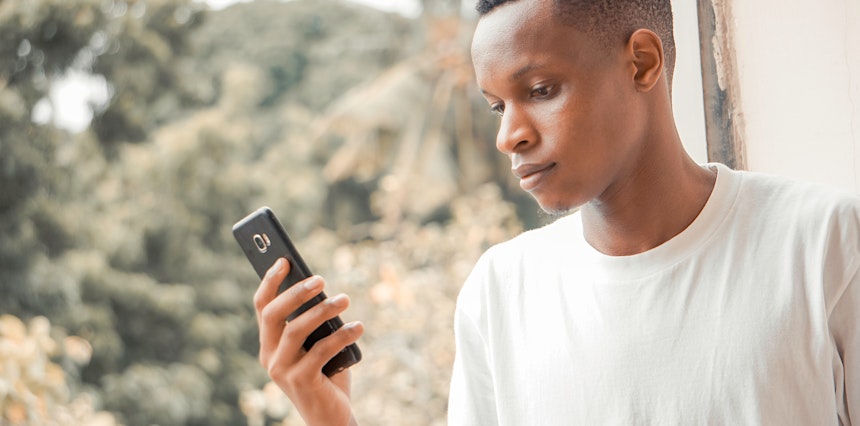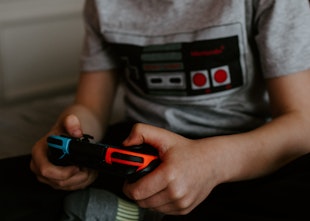It is a big decision and time-consuming task for parents but it can be very helpful to monitor your child's phone.
Most children these days will want to have a phone and you may decide that you will allow them to have one as long as they act responsibly and respect the rules. One thing to bear in mind before you give your child a phone is whether you will or will not monitor your child’s online activities or messages. If you do decide to go down the route of monitoring, having a chat with your child beforehand will give them a heads up on why you will be checking their phone regularly is helpful. Trust and open dialogue are essential. Talking honestly about the risks of being online will make it clear that this is to protect your childfrom harm and not about controlling them.
A lot of people choose to not check their child’s phone but there are many good reasons why you should keep a close eye on it without totally hijacking their mobile

- Cyber bullying- Cyber bullying is a growing problem and just as devastating as ‘traditional’ bullying (if not more so); victims can now be hounded 24/7 instead of the times that they are at school or at the park. Having a phone means there is every chance your child could be bullied by way of virtual harassment and abuse through messaging or social media and game platforms. This is exactly why you should be mindful of your child’s phone usage and keep an eye on their activity; while your child may not be forthcoming with the bullying but their phone will give you some insight.
- Social media- Despite age restrictions, 96% of 13 year olds are on social media with TikTok, Instagram, Snapchat and WhatsApp currently the most popular platforms. However, this ability to connect with others can also open a can of worms by sharing pictures that may be unsuitable or photos that can be used as a way of embarrassing someone. If you choose to allow your kid to use these sites it is really beneficial to supervise their pages, check search history, and remind your kid about safety with regards to sharing photos and that everything shared has a digital footprint. It is very, very difficult to contain or remove images and videos once they have been posted online. One study showed that 40% of managers reject job candidates based on something inappropriate they have discovered on their social
- Internet safety- Unless you get your child the most basic of phones it will likely have internet access enabled and even though they may not be on social media they can still access all sorts of content via the internet. Remember that you are handing them a mobile computer! CyberSafeIreland found that in the last year, 31% of children saw something online that upset them. Everything and anything is readily available to view on the internet, and age restrictions or other filtering mechanisms can often be easily bypassed by savvy users. Be prepared and discuss these issues with your child - encourage empathy, resilience, and talk about how to react appropriately when faced with inappropriate content. Use parental controls if necessary.
- Private messaging- You can learn a lot from your child by the messages that they send to their pals and you should tell your child if you are checking their phone and remind them that if you see anything that is rude or bullying, you may have to rethink their access to a phone. A lot of children take part in group messages that can easily lead to slagging of a certain child or even bullying, so keeping an eye on these is a good idea also. Confiscating and banning phones however can often drive behaviour underground and this secrecy in turn can result in children getting into worse situations, so think carefully about how you will react. Keep the communication channels open.
Having a mobile is great for a child at an appropriate age and can be empowering and educational in many ways - as long as they know how to use it responsibly and the rules, limits and dangers are discussed and clear to your child. If not, maybe they aren’t ready for one just yet.

This content has been checked and certified by Cyber Safe Ireland whose mission is to empower children, parents and teachers to navigate the online world in a stronger, smarter and safer way.







